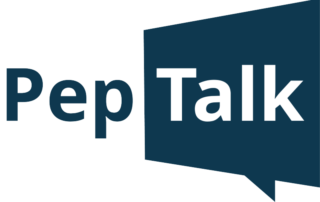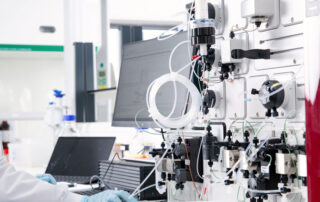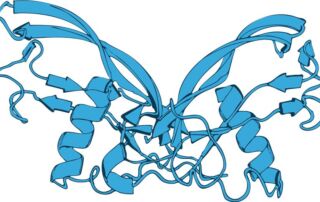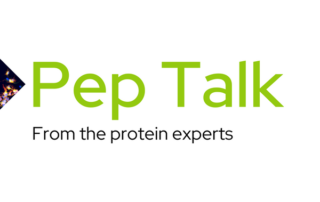Pep Talk March 2025
In our March newsletter we celebrate some exciting updates! Our first products in partnership with StemCultures, and more on the way as we collaborate with Tolemy Bio. We also introduce our new differentiation kits, which contain everything you need for iPSC culture and differentiation.




